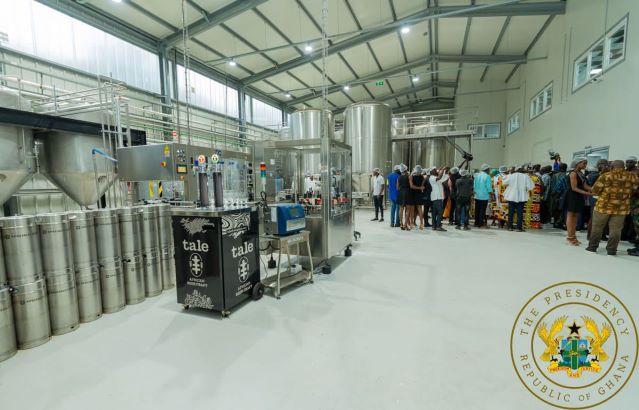Mr Ken Ofori- Atta, Minister of Finance and Economic Planning, has proposed a 2.5 per cent increase in the Value Added Tax (VAT) to support roads and digitization agenda of government.
When approved this will increase VAT from the current 12.5% to 15%.
This will be in addition to 2.5% Ghana Education Trust Fund Levy (GETFL), 2.5% National Health Insurance Levy (NHIL) which were separated and are now straight levies as well as COVID-19 Levy of 1%.
This amounts to 6% of non-deductible input VAT.
With current economic conditions, it is certain that this will be passed on to consumers.
This will worsen the Producer Price Index which rose to 65.2 percent in October 2022 .
In line with the tax policy proposals in the 2022 Budget Statement, Parliament of Ghana passed the Value Added Tax (Amendment) Act, 2021 (Act 1072) to bring VAT proposals into effect.
The Amendment Act has a gazette date on December 31, 2021 and it effectively came into force from 1 January 2022.
Revision of VAT flat rate scheme
The VAT Act, 2013 (Act 870) was been amended by the Value Added Tax (Amendment) Act, 2021 (Act 1072) to revise the application of the VAT flat rate scheme (VFRS).
Until this amendment, wholesalers and retailers of goods in Ghana operated under the VFRS.
Act 1072 has now revised the application of VFRS to only cover retailers of goods with value of taxable supply not less than GH₵200,000 but not more than GH₵500,000 at the end of any period of 12 months.
Retailers who meet the new threshold continue to account for VAT at the flat rate of 3% on the value of the taxable supplies as well as charge the COVID-19 Health Recovery Levy (COVID-19 Levy) of 1%.
On the other hand, retailers whose annual taxable supplies exceed GH₵00,000 and wholesalers account for VAT under the standard VAT rate regime.
Such retailers and wholesalers charge VAT at the standard rate of 12.5% charged on the value of taxable supply in addition to National Health Insurance Levy (NHIL) at 2.5%, Ghana Education Trust Fund Levy (GETFL) at 2.5% and COVID-19 Levy at 1% of the value of the taxable supply.
These suppliers also qualify to claim VAT incurred on their purchases as input VAT deduction against output VAT.
The 6% levies (NHIL, GETFL and COVID-19 Levy) paid on purchases are treated as part of business expense.
Extension of VAT zero-rating on locally manufactured textiles for 2 years
The supply of locally manufactured textiles by local manufacturers approved by the Minister of Trade and Industry was made zero-rated for VAT purposes for three years up to 31 December 2021.
Act 1072 has extended the period for two more years up to 31 December 2023.
Accordingly, locally manufactured textiles supplied by local manufacturers will continue to be subject to VAT at the rate of zero per cent up to 31 December 2023.
The manufacturers are also allowed to apply for refunds of excess VAT credit directly attributable to sale of the locally manufactured textiles.
- Friday, May 9, 2025 Newspaper Headlines - 9 May 2025
- Adangabey brightens rural kids’ future from his wheelchair - 9 May 2025
- Stanbic donates ICT equipment to UHAS for digital learning - 9 May 2025

